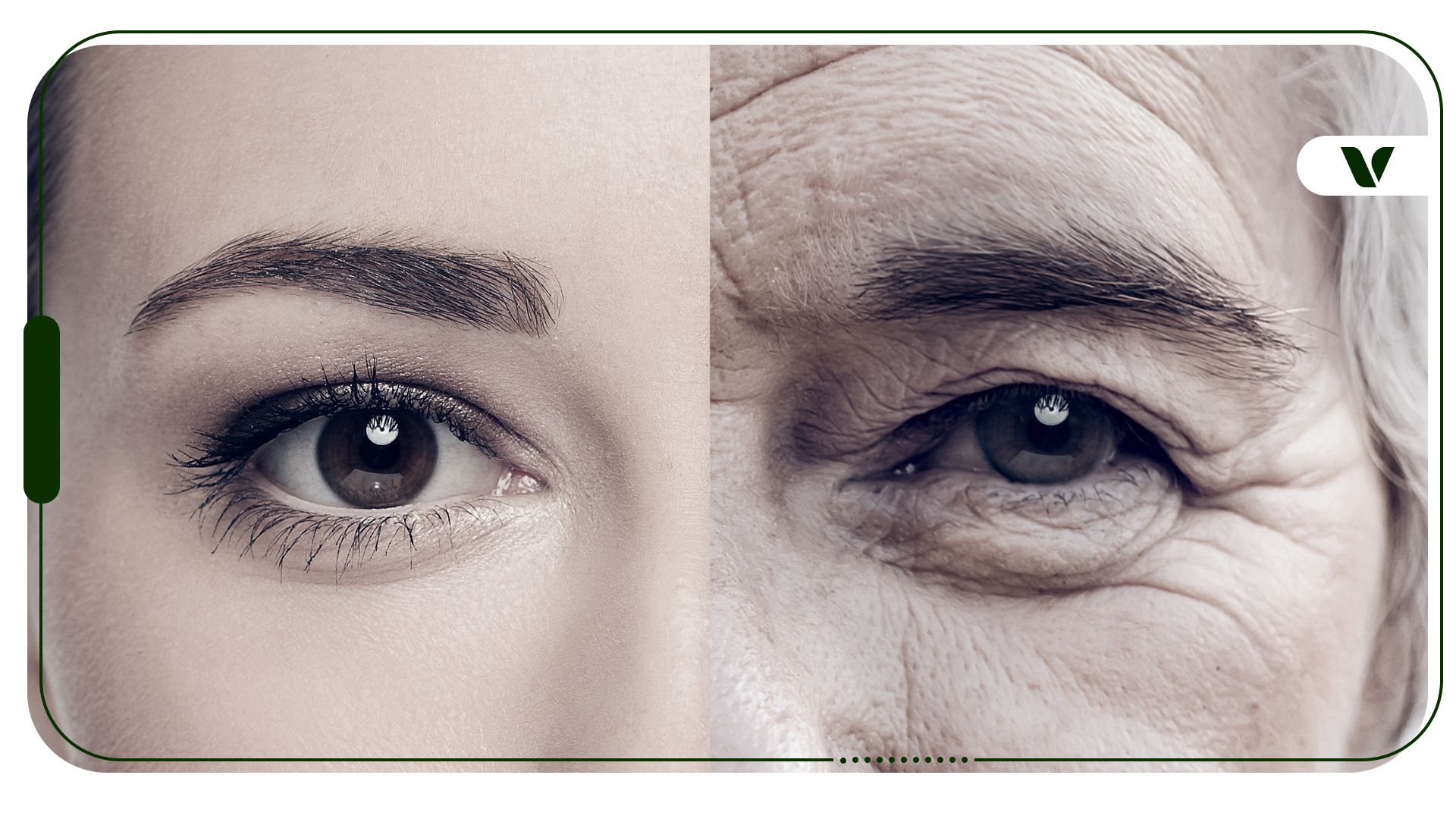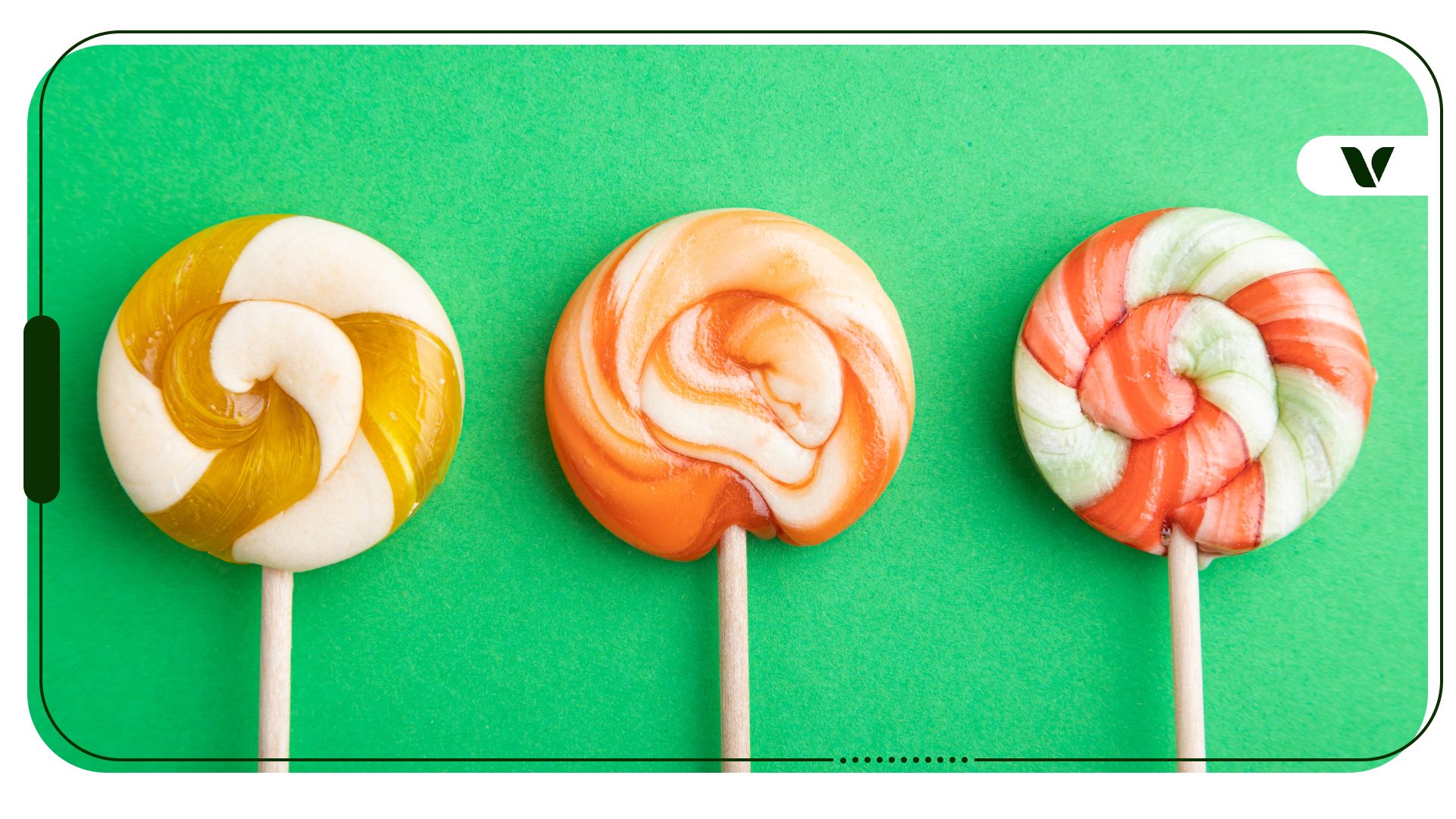For years, cannabis has been accused of causing memory loss and slowing down brain processes, with many believing it harms cognitive health. Who could forget all the propaganda adverts and traditional folklore that weed kills brain cells (now debunked)?
A new 2024 study by MIT and Harvard Medical School published in the Journal of the American Medical Association (JAMA) offers a different view. By analyzing brain scans (fMRIs) of medical cannabis users over a year, researchers found no significant changes in essential brain functions like memory, reward, and decision-making.
In this article, we’ll look into the study’s surprising results and explore how cannabis may not impact the brain the way many people once thought. However, before we dig deeper into the science behind what researchers discovered, let’s examine how cannabinoids work in our brains to understand how the researchers came to their conclusions.
How Cannabis Interacts with the Brain and Memory Centers
Cannabis affects the brain through an internal network known as the endocannabinoid system (ECS). Simply put, the ECS is a collection of receptors and neurotransmitters that help regulate many bodily functions, including mood, pain, memory, and appetite.
Two main types of cannabinoid receptors, CB1 and CB2, are central to this process, with CB1 receptors being most prevalent in the brain. When cannabinoids like THC (tetrahydrocannabinol) and CBD (cannabidiol) bind to these receptors, they influence several brain functions, including those related to memory and cognition.
In mice studies, low doses of THC and CBD are actually shown to stimulate the growth of new brain cells (called neurogenesis) in the hippocampus, the brain’s key memory processing center, debunking the myth that cannabis kills brain cells.
The Role of THC and CBD in Memory
THC, the primary psychoactive compound in cannabis, binds to CB1 receptors, especially in areas of the brain related to memory and learning, like the hippocampus and prefrontal cortex.
These areas are responsible for storing and retrieving information, which is why some users experience short-term memory impairment when high. Interestingly, CBD has a different effect on the brain by interacting with CB1 receptors indirectly, counteracting anxiety and the intensity of THC.
Plus, the particular way that CBD works with these receptors may even have protective effects on the brain by possibly reducing inflammation and offering neuroprotection against cognitive decline. Furthermore, evidence suggests that moderate cannabis use might support neuroplasticity, the brain’s ability to adapt and form new connections, which is crucial for learning and memory.
Reward Processing, Inhibitory Control, and Impulse Regulation
Cannabis also affects reward and inhibitory control processes, which are also largely managed in the brain’s executive functioning center, called the prefrontal cortex. This area regulates impulses and responds to rewards, which are crucial for decision-making and goal-directed behavior.
The precise mechanisms of action between THC and CBD in these areas can be complex, however, they generally stimulate dopamine release, which creates an increased sense of reward.
Keep in mind that carefully modulating dopamine and serotonin receptors with CBD is generally beneficial for mood, depression, and schizophrenia – but too much dopamine release by THC causes its dependence potential.
Overview of the JAMA Study on Cannabis and Brain Health
In this study, the effects of cannabis on the brain over time were carefully examined. The researchers focused on 57 newly certified medical cannabis patients from the Boston area who were prescribed marijuana to help manage conditions like pain, anxiety, depression, and poor sleep. By focusing on those using cannabis for medical reasons, the study aimed to understand the potential long-term effects of light to regular, moderate cannabis use on cognitive health.
To track brain activity, researchers used functional MRI (fMRI) scans, allowing them to observe changes in brain function as participants completed several mental tasks. Each participant had two scans, one at the start of the study and another after a full year of cannabis use.
This setup lets the researchers look for any significant shifts in brain activity or function that might result from consistent cannabis consumption. Through this process, the team was able to gather valuable data on how cannabis impacts mental processes like working memory and impulse control, setting the stage for the surprising findings that would follow.
Why You Should Get Your Medical Marijuana Card
Veriheal has satisfied millions of patients nationwide by giving them access to these benefits
- Larger purchase limits
- Peace of mind
- Enhanced legal protection
- Access to higher potency strains
- Save up to 25% on cannabis purchases
- Skip the line at the dispensary
Study Findings on Working Memory and Cognitive Health
One of the most compelling takeaways from the study was the discovery that cannabis use had no significant impact on working memory after a full year of newly starting medical cannabis treatment. Despite long-standing beliefs that cannabis might impair memory function, researchers found that participants’ ability to retain and process information remained stable over time, suggesting that light to moderate regular use doesn’t interfere with this critical aspect of cognition and daily life.
The study also looked closely at reward processing and inhibitory control, which are two brain functions vital for impulse control and responding to rewards. The findings revealed that cannabis use did not functionally alter these processes. Participants’ brains reacted to reward cues and demonstrated control over impulses just as they did at the beginning of the study, indicating that cannabis did not impair these important cognitive functions.
Finally, brain function patterns remained consistent throughout the study, even for those who switched up how often they used cannabis. This steady level of brain activity suggests that light or regular cannabis use may not disrupt the brain’s core functioning in the way some might expect.
Debunking Common Myths
For years, cannabis has carried the stigmatizing weight of stereotypes that it damages memory and reduces cognitive abilities. Popular culture and anti-cannabis campaigns have long portrayed cannabis users as forgetful or dim-witted, but the JAMA study’s findings offer a clear counterpoint to these assumptions. As a result, the study presents strong evidence that these beliefs may be exaggerated, especially for those using cannabis responsibly.
Additionally, the findings shed new light on the differences between medical and recreational cannabis use. Unlike recreational use, which usually involves higher doses and is less diagnosis-driven, medical cannabis is typically used in moderate amounts, with specific health goals in mind.
Furthermore, other investigations seem to back up this new research, lending support to the evolving view of cannabis and cognition. For example, a preclinical study from 2019 published in the journal Neurobiology of Learning and Memory suggested that cannabis use may actually improve working memory in mice.
Raw, unheated cannabinoids like THCA and CBDA also rescue working memory in mice with Alzheimer’s. Other findings indicate that terpenes like beta-caryophyllene fight age-related memory impairments, and pinene may help memory deficits, too.
Plus, a separate 2023 study published by JAMA analyzed the patterns of over 63 million medical insurance enrollees. It found that consistent cannabis use did not lead to early psychotic symptoms in teens and young adults at risk of developing psychotic disorders in areas where weed has been legalized.
Implications for Medical Cannabis Users
These findings bring reassuring news for medical cannabis users who may have worried about potential cognitive side effects. The JAMA study suggests that light to moderate, long-term use of medical weed doesn’t appear to impair essential brain functions like memory, decision-making, or impulse control even in beginner users with low tolerances. For both new and existing patients relying on cannabis to manage chronic conditions, this study offers comfort in knowing that their treatment choice is unlikely to compromise cognitive health over time.
This is particularly important for people using cannabis to cope with ongoing issues like chronic pain, anxiety, or sleep disturbances. These patients often face limited options that offer lasting relief without severe side effects, and for them, cannabis has become a valuable alternative. Knowing that cannabis can support their health needs without long-term effects on brain function means that they can start or keep including it confidently in their care plan.
The Need for Further Research
While the AMA study offers valuable insights, it does come with certain drawbacks. The sample size of 57 participants – mostly white, female, and highly educated – though significant for an initial study, is relatively small and limits the broader application of the findings. Additionally, the study focused on adults using cannabis in moderation over a single year, which may not accurately depict effects across different user profiles. These limitations point to the need for more in-depth research to deepen our understanding of the plant’s long-term effects on the brain or differences between biological genders.
As such, the researchers have called for further studies looking at higher doses and a range of consumption patterns. Also, they suggest taking a closer look at more diverse populations to understand how factors like genetics, lifestyle, and medical history might determine cannabis’s impact on brain function.
Final Thoughts
For patients who rely on cannabis to manage chronic conditions, these results suggest that responsible, light to moderate use has the potential to provide relief without impairing memory or other essential brain functions. Having this reassurance can help patients feel more confident in their treatment choices, knowing that medical cannabis likely won’t carry the cognitive risks often stigmatized with it.
And, by challenging long-standing stereotypes, this research paves the way for a better grasp of cannabis’s true impact on the brain. When used sensibly and under medical guidance, cannabis appears to be a safe and effective option for many. As further studies expand our knowledge, patients and healthcare providers alike can feel more empowered to consider cannabis as part of a holistic approach to healthcare and wellness.
Note: The content on this page is for informational purposes only and is not intended to be professional medical advice. Do not attempt to self-diagnose or prescribe treatment based on the information provided. Always consult a physician before making any decision on the treatment of a medical condition.
Author, Share & Comments








